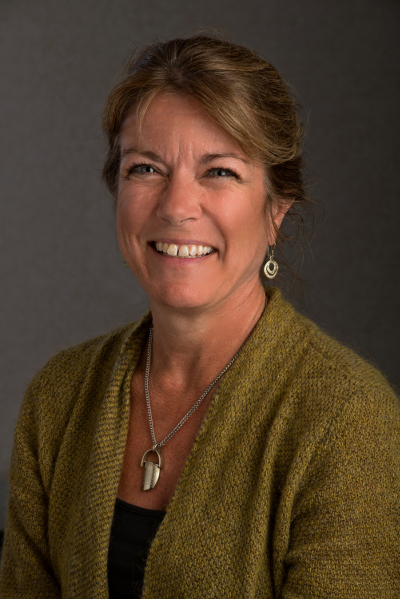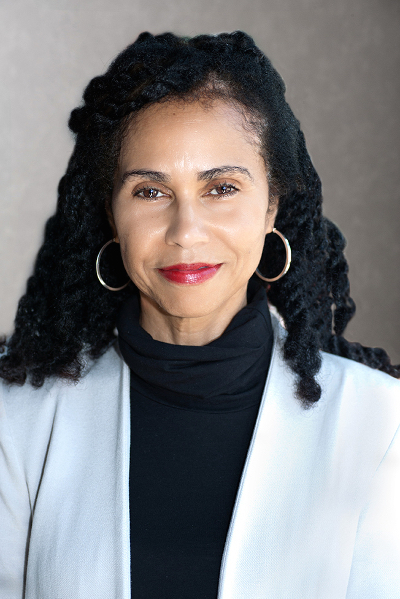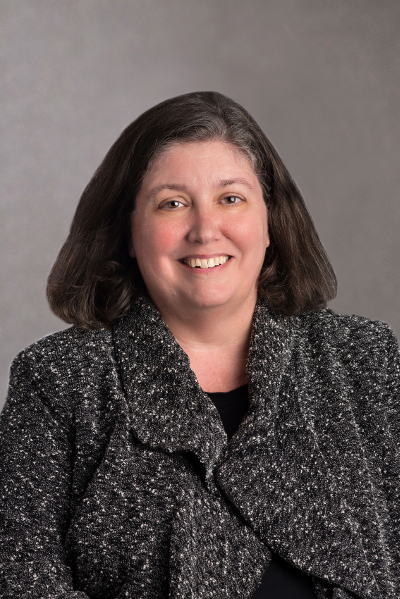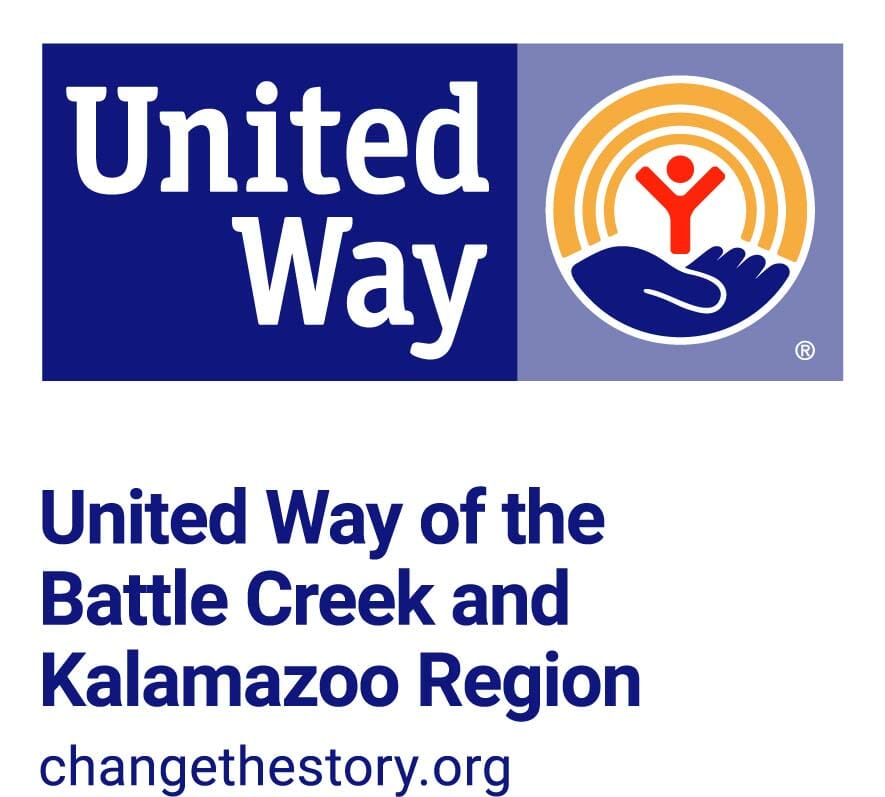
Each year, as she analyzes the numbers and statistics around infant deaths in Kalamazoo County, Catherine Kothari, PhD, can find glimmers of hope and, other times, cause for grave concern.
Take, for instance, 2016, when the number of babies who died before their first birthday numbered eight, the fewest ever recorded in a calendar year in Kalamazoo County and the lowest tally in the last 20 years.
But just one year later, in 2017, the number of infant deaths in the community – 34 – marked a 20-year high. Even more alarming to her, Dr. Kothari said, is that even in years with fewer infant deaths, the disparity in those numbers along racial and socioeconomic lines persists.
“In the years when we have fewer babies dying, the babies that do die are more likely to be black,” said Dr. Kothari, an associate professor in the medical school’s Department of Biomedical Sciences. “When we have gains, the gains are by higher-income families and white families; there are inequitable reductions along racial and socioeconomic lines.
“The numbers tell me that we have a lot of work to do, that we have long-standing structures that offer opportunities to some people but not others,” Dr. Kothari added. “It is going to take community-focused collaboration and coordination to change those opportunities. It took generations to get here and it’s going to take a lot of work to bring about change.”
Dr. Kothari, Dr. Cheryl Dickson and Dr. Lisa Graves, the medical school’s associate deans of Health Equity and Community Affairs and Faculty Affairs, respectively, have key roles in trying to bring about that change through Cradle Kalamazoo, a community initiative that began in 2014 and is aimed at reducing infant deaths and the racial and socioeconomic disparities that exist.

Dr. Kothari is providing what she refers to as the “data backbone” for Cradle through a three-year, $300,000 grant from the United Way of the Battle Creek and Kalamazoo Region and more than $25,000 per year from a Health Resources and Services Administration grant to Healthy Start.
The important funding fuels three programmatic arms of Cradle – Fetal Infant Mortality Review (FIMR), the Cradle Care Coordination Registry and a Community Voice Panel – all of which are vitally important in developing a coordinated system of care and adequate and informed strategies and interventions to combat infant mortality, Dr. Kothari said.
Dr. Kothari said a strong partnership between the YWCA of Kalamazoo, Ascension Borgess and Bronson Healthcare, Kalamazoo County Health and Community Services, and the medical school, has led to national attention and Kalamazoo is now a mentor site for the National Child Fatality Prevention Center.
“We are the only FIMR in the state of Michigan structured as a clinical/public health partnership, and it has been very successful. FIMR is a community-level quality improvement process analyzing all infant deaths in our community and trying to identify gaps,” Dr. Kothari said. “We have a very active FIMR.”
Additionally, Dr. Kothari has led the development of a pipeline that allows for local FIMR offices in the state to formally submit policy improvement recommendations around maternal and child health to the Michigan Department of Health and Human Services. The inaugural submission of these recommendations occurred at the August meeting of the Michigan Infant Mortality Advisory Council, held at WMed’s W.E. Upjohn M.D. Campus.
Meanwhile, Dr. Kothari said the Cradle Care Coordination Registry is helping to improve coordination for county’s many home visitation and community worker programs that seek to bridge the gap between clinical care and community resources for mothers and their babies.

“We are really fortunate in that we have a lot of programs and resources available,” Dr. Kothari said. “The registry simplifies that process for our clinics, and women and their children. It has allowed us to identify important outcomes related to home visitation.”
The Community Voice Panel builds upon a communitywide survey of postpartum women that has also proven beneficial, helping Kothari and others with Cradle Kalamazoo gain a deeper understanding of the root causes of the circumstances that are affecting women’s health and healthy pregnancies in Kalamazoo County. The panel is made up of local mothers and feedback from the panel will provide important insights about the coordination of care and how that care varies for women based on race and socioeconomic status.
“Our community has an unacceptly high infant mortality rate among black women and among low income women,” Dr. Kothari said. “We have to figure out why … we have a really important role to play in identifying those systems of care, the contributors to care and health inequity and then working with our partners to identify solutions and implement those solutions.”
In addition to care coordination, Dr. Kothari said Cradle Kalamazoo is improving education around reproductive health and safe-sleep habits with the goal of reducing unplanned pregnancies and sleep-related infant deaths.
Dr. Dickson heads the Safe Sleep task force for Cradle Kalamazoo and has led efforts to improve education and raise awareness about safe sleep practices as a means of preventing infant deaths and lowering the infant mortality rate in Kalamazoo.
In 2017, Dr. Dickson’s work and the work of others, including Dr. Amy Damashek, associate professor for psychology at Western Michigan University, was bolstered by a one-year, $107,636 grant from the United Way that funded a training program for home visitation health providers to enhance their ability to deliver information to families about safe-sleep practices in a way that is culturally competent, more effective and more likely to be used and accepted.
The training involved multiple sessions, including motivational interview training and cultural competence, and conversation facilitation through a toolkit that was put together by the Safe Sleep Task Force.
Additionally, the task force has hosted community baby showers at several locations, including the YMCA, to promote safe sleep practices for mothers and their babies. They’ve also hosted workshops at local churches and sought to dispel myths about safe safe sleep and deliver their recommendations in a culturally responsive way, Dr. Dickson said.
More recently, Dr. Dickson said she received a $30,000 grant from the United Way that will provide support for a “train the trainer” program that will grow the number of organizations such as local churches and daycare providers that can facilitate safe-sleep programs and workshops on a regular basis.
“I’m excited about it because I think the program will help with a consistency of messaging that will lead to a change,” Dr. Dickson said. “No baby should ever die from unsafe sleep, it’s a totally preventable death.”
As the work by Dr. Kothari and Drs. Dickson and Graves with Cradle Kalamazoo continues, Dr. Kothari said she is thankful for the leadership of Grace Lubwama at the YWCA, support from the United Way and community partners, as well as the work being done by faculty in staff in the medical school’s Division of Epidemiology and Biostatistics.
“This is really a team effort, it’s about being in the community and being engaged,” Dr. Kothari said.
“We take care of all of our babies,” Dr. Kothari added. “The numbers are appalling and we’re better than this.. We have to take care of that.”
